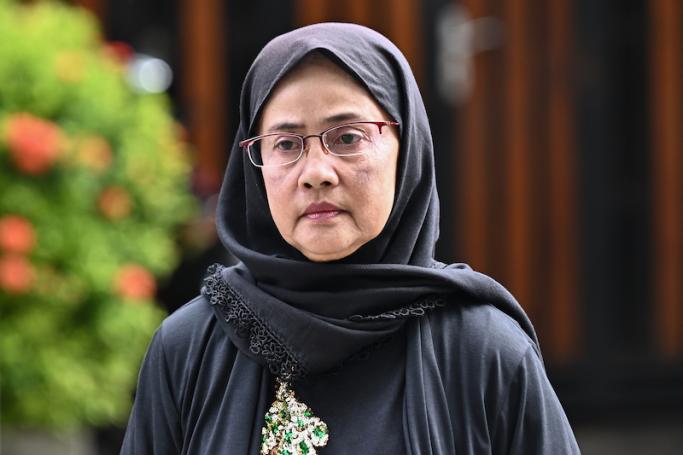Three Thai human rights activists were acquitted of criminal defamation on Tuesday, but lamented what they called a hollow victory over the country's restrictive libel laws.
The cases were filed against Angkhana Neelapaijit, Puttanee Kangkun and Thanaporn Saleephol in 2019 and 2020 after they shared posts about punishing working hours and conditions at a chicken farm owned by the Thammakaset company.
Rights groups have criticised the kingdom's harsh defamation laws, under which anyone convicted can face up to two years imprisonment or a fine of up to 200,000 THB ($5,719).
"The court has decided that the defendants did not intend to defame the plaintiff," Angkhana, Puttanee and Thanaporn's lawyer Tittasat Soodsan told AFP outside Bangkok's South Criminal Court.
He said the links attached in messages posted by the defendants "were not directly related to the plaintiff".
Thailand exports billions of dollars of farm products, in poorly regulated industries reliant on migrant labour from nearby Myanmar, Cambodia and Laos.
A chicken farm owned by the Thammakaset company in Lopburi province has been at the centre of disputes by Myanmar workers about gruelling days, lack of overtime pay, and confiscated documents.
While Thailand's Supreme Court has ordered Thammakaset owner Chanchai Pheamphon to pay compensation to the workers, since 2016 he has brought at least 37 complaints against 22 activists around the case.
The courts have dismissed or ruled against the company in most instances, but the toll on the defendants has been heavy.
"I'm not sure if it is good news or bad news," Puttanee told reporters following the verdict.
"I have wasted my resources, time and energy to a case that wasn't supposed to go to court at the beginning. The stress level was high."
She urged the Thai government to act to prevent businesses from engaging in "judicial harassment".
Experts have expressed concerns about so-called Strategic Lawsuits Against Public Participation (SLAPPs) in Thailand, often used by big organisations to intimidate rights advocates and silence critics.
Ngamsuk Ruttanasatain, a lecturer at the Institute of Human Rights and Peace, said the law could erode Thailand's already vulnerable freedom of speech.
"This law is aimed at shutting critics' mouths," she said. "Regular people, not only advocates, would be discouraged from giving opinions about anything.
"It would have been better if the company could have just initiated the conversation, rather than having to go through the legal process."
International Federation for Human Rights's Andrea Giorgetta told AFP the court's decision "calls for little celebration, as long as criminal defamation in Thailand is not reformed".
"It is urgent that Thailand immediately decriminalises defamation and brings its laws into line with international standards on freedom of expression," he said.
AFP












